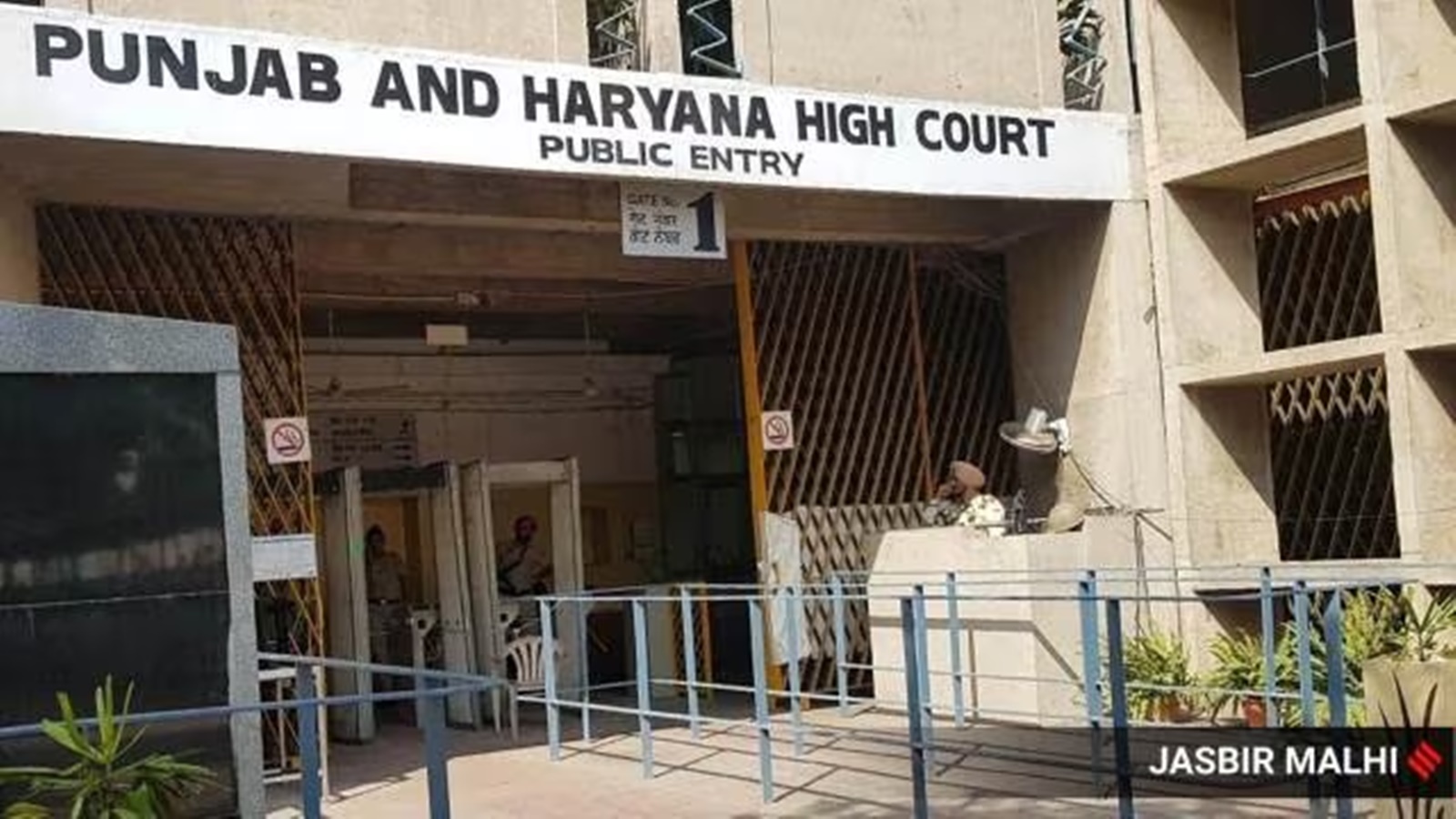

Despite the pleas made by the counsel for the petitioner to reduce the punishment of two years disqualification from appearing in any University examination, the Punjab and Haryana High Court ruled in accordance with the Panjab University regulations which prescribe the punishment for use of unfair means. The judge also emphasized the importance of legal ethics in the profession and stated that the petitioner, being a student of LL.B. should be held to a higher standard. This decision highlights the need for students to maintain academic integrity and the consequences of cheating in the legal profession.
Punjab University Exam Cheating Case: Court Upholds Disqualification Punishment
Background
In a recent case before the Punjab and Haryana High Court, a law student was found guilty of using unfair means during a university examination. The student, identified as Navjot Singh, was charged with copying from another student's answer sheet. After an investigation by the university, Singh was found guilty and faced the possibility of severe punishment.
Court Ruling
Despite appeals from Singh's counsel to reduce his punishment, the High Court ruled in accordance with the Panjab University regulations, which prescribe a two-year disqualification from appearing in any University examination as the penalty for use of unfair means. The judge emphasized the importance of legal ethics in the profession and stated that Singh, being a student of LL.B., should be held to a higher standard.
Significance
The court's decision has been met with mixed reactions. Some argue that the punishment is too harsh, especially for a first-time offender. Others assert that it sends a strong message about the need for academic integrity and the consequences of cheating in the legal profession.
Top 5 FAQs
1. What is the specific punishment imposed on Navjot Singh? A. Two-year disqualification from appearing in any University examination.
2. Why did the court uphold the punishment despite appeals for leniency? A. The court ruled in accordance with the Panjab University regulations and emphasized the importance of legal ethics in the profession.
3. What type of cheating was Singh accused of? A. Copying from another student's answer sheet during an exam.
4. Have there been similar cases in the past? A. Yes, there have been other cases of students being disqualified from appearing in exams for using unfair means.
5. What is the impact of this decision on law students? A. The decision highlights the need for students to maintain academic integrity and the consequences of cheating in the legal profession.
Conclusion
The Punjab and Haryana High Court's decision underscores the importance of maintaining academic integrity in the legal profession. The court's ruling sends a clear message that cheating will not be tolerated and that students must adhere to ethical standards. The case serves as a reminder of the consequences that students may face if they engage in unfair practices during examinations.

In a recent incident at the Vasai Fort in Maharashtra, a man dressed as Chhatrapati Shivaji Maharaj got into a heated argument with a security guard over language. The man, who was recording a video, berated the guard for not speaking Marathi and disrespecting the legacy of Shivaji Maharaj. Social media users were divided in their opinions, with some criticizing the man's behavior while others felt the guard needed to be taught a lesson.

In a significant moment for gender equality, President Droupadi Murmu became the first woman to visit the Lord Ayyappa Temple in Sabarimala. Accompanied by her team, she performed Darshan and Puja at the shrine, praying for the well-being and prosperity of her fellow citizens. Her visit symbolized the Supreme Court's decision to lift the ban on menstruating women entering the temple, reminding us that devotion knows no gender barriers.

With early voting just days away, the three major candidates vying to become New York City's next mayor are gearing up for the final debate in what could be their last chance to sway voters. The debate, hosted by Spectrum NY1, The City, and WNYC/Gothamist, will cover issues such as affordability, crime, and the role of former President Donald Trump in the city's politics. With the stakes high and the clock ticking, Democrats Zohran Mamdani and Andrew Cuomo and Republican Curtis Sliwa will need to make a strong case for themselves to secure the future of New York City.

CM Yogi Adityanath's statement about the role of "political Islam" in undermining Sanatan Dharma has sparked controversy and discussion throughout the nation. During an event organized by the Rashtriya Swayamsevak Sangh (RSS), he highlighted the struggles of Indian warriors against political Islam, claiming that this aspect of history is often overlooked. Adityanath's remarks have renewed debates on the representation of India's historical narrative and the impact of colonialism and political Islam.

Samajwadi Party chief Akhilesh Yadav's remarks questioning the government's spending on Diwali celebrations in Ayodhya, and his comparison to Christmas festivities worldwide, have sparked controversy. While the BJP has accused Yadav of being envious of Ayodhya's success, the Vishva Hindu Parishad has criticized him for undermining Indian culture. The comments highlight the tension between political parties over religious and cultural events.

On the occasion of Home Minister Amit Shah's 60th birthday, Maharashtra CM Devendra Fadnavis wished him with a special message on Twitter, calling him the "Chanakya of Indian politics." Fadnavis praised Shah's political acumen and leadership, stating that his contribution to the nation remains unmatched. PM Narendra Modi also conveyed his greetings, commending Shah's dedication to public service and national security. Leaders across India, including former Tamil Nadu CM Edappadi K Palaniswami, extended their wishes and praised Shah's steadfast leadership and tireless dedication.

On Home Minister Amit Shah's birthday, Prime Minister Narendra Modi took to social media to convey his wishes and praise his efforts towards improving India's internal security. Modi highlighted Shah's dedication to public service and hardworking nature, which has earned him admiration from across the country.

In a social media post, Prime Minister Narendra Modi wishes Home Minister Amit Shah on his birthday and acknowledges his dedication to public service. PM Modi also highlights Shah's efforts in strengthening India's internal security. Shah's birthday coincides with the Gujarati new year and he will be attending public events in his home state of Gujarat along with Chief Minister Bhupendra Patel.

In a move to empower widowed women, Madhya Pradesh Chief Minister Mohan Yadav announced on Thursday the implementation of the Kalyani Scheme, offering a financial aid of ₹2 lakh for widow remarriage under Operation Sindoor. This announcement was made at the 377th birth anniversary celebration of Maharaja Chhatrasal, a Bundela warrior known for his courage and national pride. CM Yadav also inaugurated a cultural festival, Virasat Mahotsav, in honor of Maharaja Chhatrasal and the warriors and valor of Bundelkhand.

Prime Minister Narendra Modi celebrates Diwali with Navy personnel aboard INS Vikrant, praising the warship's role in instilling fear in Pakistan. He commemorates India's military might and the bravery of armed forces in Operation Sindoor, while also highlighting INS Vikrant as a symbol of Atmanirbhar Bharat and Made in India. The festive celebrations on board consisted of cultural performances and an air power demonstration, making the occasion deeply symbolic and unforgettable.